News
What Is the Role of INEC and How It Works
Published
7 months agoon
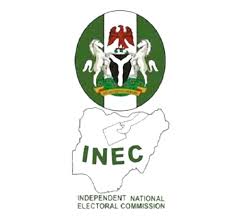
Introduction
Elections are the cornerstone of any democracy. They empower citizens to choose their leaders and shape the policies that govern them. In Nigeria, the body responsible for overseeing this crucial democratic process is the Independent National Electoral Commission (INEC). As the name suggests, INEC is an autonomous electoral body, established to ensure free, fair, and credible elections across Nigeria. But what exactly is the role of INEC, and how does it function in such a vast and complex country with over 200 million people and more than 90 million registered voters?
This essay delves into the role of INEC, examining its structure, responsibilities, challenges, and the mechanisms by which it operates to deliver democratic outcomes in Nigeria.

The Establishment of INEC
INEC was established in 1998 by the military regime of General Abdulsalami Abubakar, just before Nigeria transitioned to democratic rule in 1999. However, the roots of electoral commissions in Nigeria date back to the 1950s under colonial administration. Over time, various bodies handled elections, including the Federal Electoral Commission (FEDECO) and the National Electoral Commission (NEC). INEC replaced the National Electoral Commission of Nigeria (NECON) and has since become the most enduring electoral body in the country’s history.
INEC’s legal foundation is embedded in Section 153(f) of the 1999 Constitution of the Federal Republic of Nigeria, and further backed by the Electoral Act, which is periodically reviewed by the National Assembly. These legal frameworks grant INEC independence from political interference and outline its structure and powers.
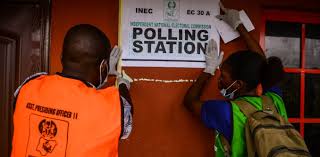
The Role of INEC
1. Conducting Elections
The primary responsibility of INEC is to organize, undertake, and supervise all elections into elective offices at the federal and state levels. This includes presidential, gubernatorial, national and state assemblies, and local government council elections. INEC determines the dates for elections, registers political parties, oversees campaigns, and announces results.
2. Voter Registration and Maintenance of the Voter Register
INEC conducts continuous voter registration exercises across the country. It is responsible for maintaining an up-to-date, credible Register of Voters. This includes issuing Permanent Voter Cards (PVCs) and utilizing the Biometric Voter Accreditation System (BVAS) to enhance voter authentication on election day.
ALSO READ : Muhammadu Buhari, Former Nigerian Leader, Passes at 82
3. Regulation and Monitoring of Political Parties
INEC registers political parties and ensures they comply with constitutional and legal requirements. It monitors their internal operations, including primary elections, party congresses, and finances. The commission also has the authority to de-register parties that fail to meet legal standards or electoral performance thresholds.
4. Election Education and Voter Awareness
INEC is tasked with educating the electorate on the electoral process, voter rights, and civic duties. Through collaboration with civil society organizations, media, and educational institutions, INEC promotes peaceful participation in elections and discourages voter apathy.
5. Delimitation of Electoral Constituencies
INEC is empowered to create and review electoral constituencies and wards based on demographic changes, population shifts, and other relevant factors. This ensures equitable representation across regions and communities.
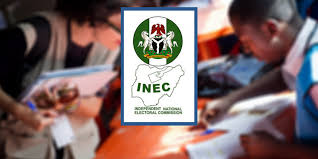
6. Provision of Electoral Materials and Logistics
INEC is responsible for procuring and distributing sensitive and non-sensitive election materials such as ballot papers, ballot boxes, result sheets, and electronic devices. It must ensure these are delivered securely and on time across Nigeria’s vast geography, often under difficult terrain and security challenges.
7. Collation and Declaration of Results
INEC supervises the collation of election results from polling units to ward, local government, state, and national levels. It is the only body authorized to declare election winners at these levels. Its collation process has evolved to include both manual and electronic transmission of results.
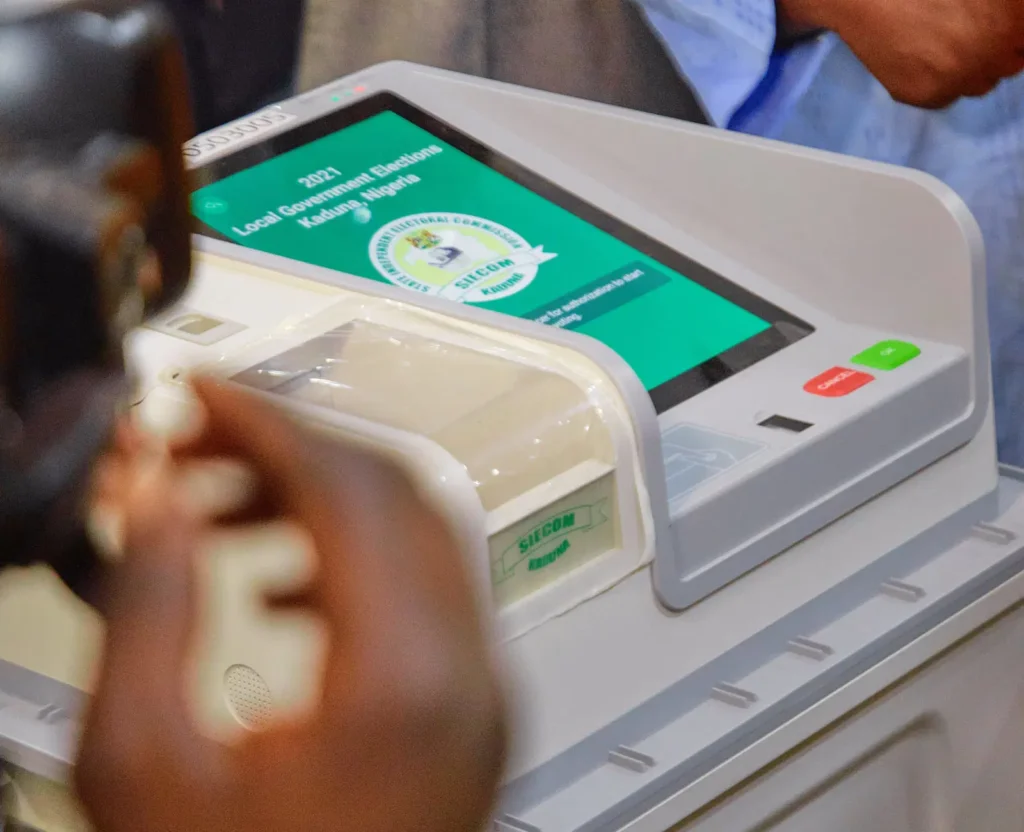
How INEC Works: Operational Framework
1. Organizational Structure
INEC is headed by a Chairman and twelve National Commissioners, appointed by the President and confirmed by the Senate. The Commission also has Resident Electoral Commissioners (RECs) in each of Nigeria’s 36 states and the Federal Capital Territory.
The internal departments include:
- Election and Party Monitoring
- Voter Education and Publicity
- ICT (Information and Communication Technology)
- Operations and Logistics
- Legal Services
- Planning and Monitoring
This structured approach ensures specialized attention to every aspect of the electoral process.
2. Technological Innovations
In recent years, INEC has embraced technology to improve transparency and credibility. Key innovations include:
- BVAS (Bimodal Voter Accreditation System): Used to verify voters through fingerprints and facial recognition.
- INEC Result Viewing (IReV) Portal: Enables real-time viewing of polling unit results online, increasing transparency.
- Electronic Transmission of Results: Though controversial and still under legal and political scrutiny, it marks a shift from manual to digital reporting.
3. Stakeholder Engagement
INEC regularly engages with stakeholders including political parties, civil society organizations, security agencies, traditional rulers, religious groups, and the media. These interactions are facilitated through platforms like the Inter-Agency Consultative Committee on Election Security (ICCES) and the INEC-CSO Forum. They promote inclusiveness and prevent conflict.
4. Security Coordination
Given Nigeria’s complex security situation, INEC collaborates closely with the police and military to secure elections. The ICCES coordinates security planning and response for electoral events.
5. Election Timetable and Calendar
INEC releases a comprehensive election timetable well in advance, typically over a year before the general elections. This schedule guides party primaries, campaigns, voter registration deadlines, and other milestones.
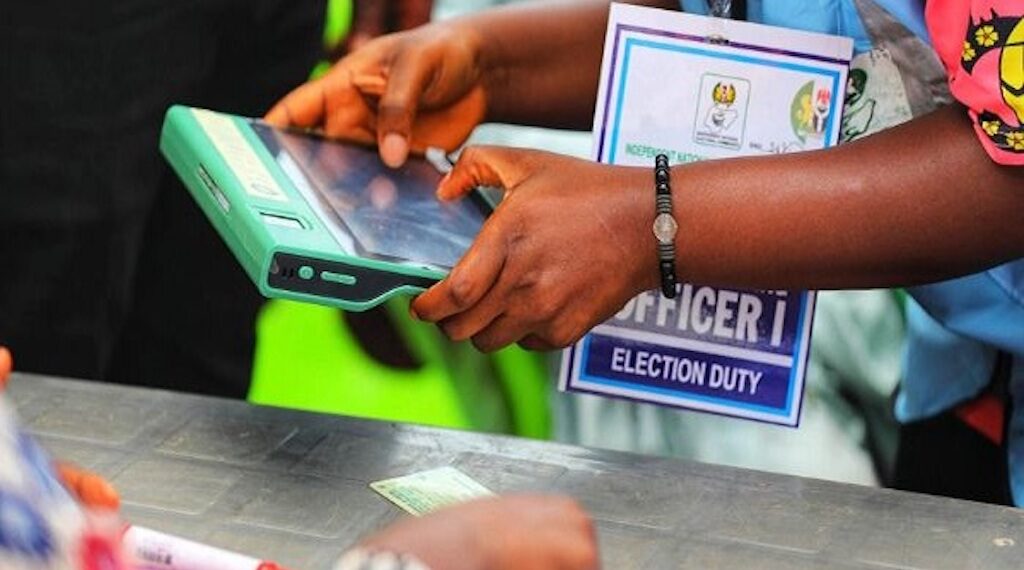
Challenges Facing INEC
Despite its vital role, INEC faces multiple challenges:
1. Political Interference
Though legally independent, INEC’s leadership is appointed by the President, raising concerns about impartiality. There are frequent allegations of bias, especially in tightly contested elections.
2. Logistics and Infrastructure
Nigeria’s vast terrain, poor road networks, and erratic power supply pose logistical nightmares, particularly in rural and conflict-prone areas. Election materials sometimes arrive late or are tampered with.
3. Security Threats
INEC offices have been targeted by arsonists and insurgents, especially in the Southeast and Northeast. Electoral officers are sometimes intimidated or attacked during elections.
4. Voter Apathy and Misinformation
Low voter turnout has plagued recent elections, despite massive registration campaigns. Misinformation on social media also undermines trust in the system.
5. Legal Contests
Many election results are frequently challenged in court. While legal recourse is essential to democracy, the high volume of post-election litigation indicates gaps in credibility and process.
Achievements and Progress
Despite the hurdles, INEC has made significant progress over the years:
- The use of technology has greatly reduced incidents of ballot stuffing and multiple voting.
- Elections have become more transparent, with real-time result uploads and media access.
- Voter registration is more accessible through continuous and online pre-enrollment systems.
- INEC has successfully conducted several off-cycle elections and by-elections that were widely praised for credibility.
Conclusion
The Independent National Electoral Commission (INEC) plays a fundamental role in Nigeria’s democratic architecture. As the chief electoral umpire, its duty to ensure credible elections is essential to the legitimacy of governance and the preservation of democracy. While it operates in a difficult and politically charged environment, INEC’s embrace of innovation, stakeholder engagement, and institutional reforms offer a roadmap for strengthening electoral integrity.
However, for INEC to truly fulfill its mandate, it requires not just technical capacity, but public trust. This demands continued transparency, impartial leadership, adequate funding, and legal reforms that reinforce its independence. As Nigeria’s democracy matures, the role of INEC will only grow in importance — not just as an electoral body, but as a symbol of the people’s voice and power.
You Might Also Like These
 2023 Elecion: INEC will disenfranchise millions of youths – LP raises alarm
2023 Elecion: INEC will disenfranchise millions of youths – LP raises alarm
 How to Register a Political Party in Nigeria
How to Register a Political Party in Nigeria
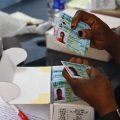 How to Get Your PVC in Nigeria: Step-by-Step Guide in 2025
How to Get Your PVC in Nigeria: Step-by-Step Guide in 2025
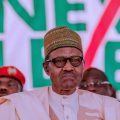 June 12: How Buhari cemented credentials as genuine democratic – APC
June 12: How Buhari cemented credentials as genuine democratic – APC
 LASIEC HQ on Lockdown as LG Polls Kick Off
LASIEC HQ on Lockdown as LG Polls Kick Off
 Computer virus destroys Permanent Voters’ Card data in Delta State
Computer virus destroys Permanent Voters’ Card data in Delta State
 Don’t Treat Us Like Conquered People, PDP Warns APC
Don’t Treat Us Like Conquered People, PDP Warns APC
 PDP is Planning To Sack Jega and Postpone Election Again – APC
PDP is Planning To Sack Jega and Postpone Election Again – APC
 Local Government Elections: Police Enforce Movement Restrictions, Deploy Security Teams
Local Government Elections: Police Enforce Movement Restrictions, Deploy Security Teams
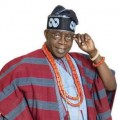 June 12: Tinubu warns against return to dictatorship
June 12: Tinubu warns against return to dictatorship
 Lagos LG Polls: LASIEC Unveils Plan to Boost Voter Turnout
Lagos LG Polls: LASIEC Unveils Plan to Boost Voter Turnout
 June 12: ‘It’s time to divide Nigeria’ – Pastor Giwa tells Buhari govt
June 12: ‘It’s time to divide Nigeria’ – Pastor Giwa tells Buhari govt

